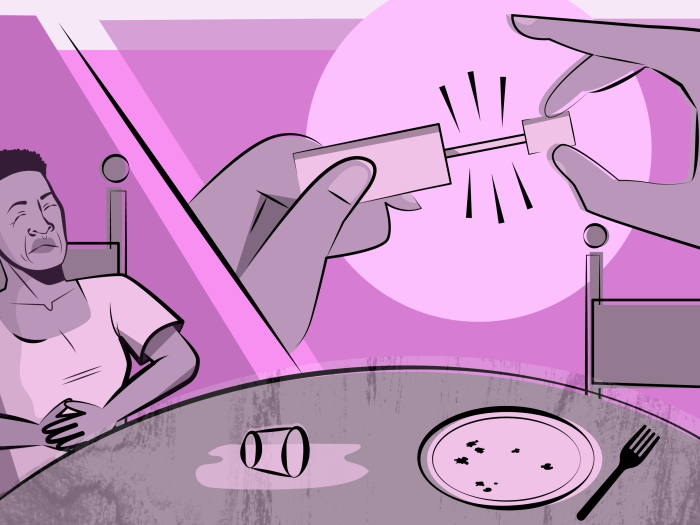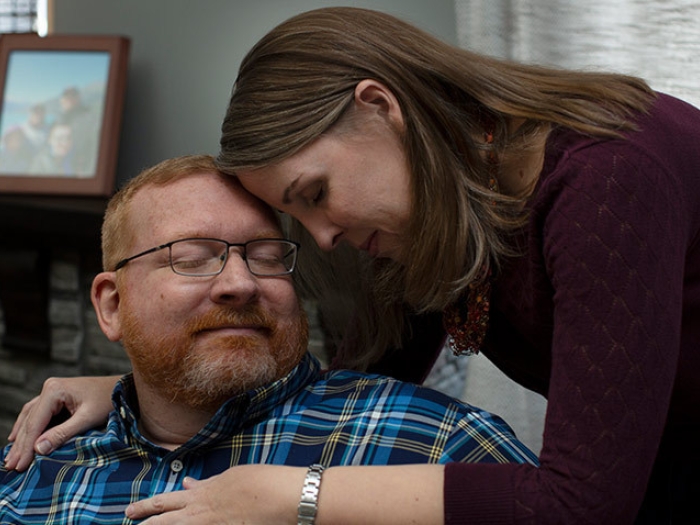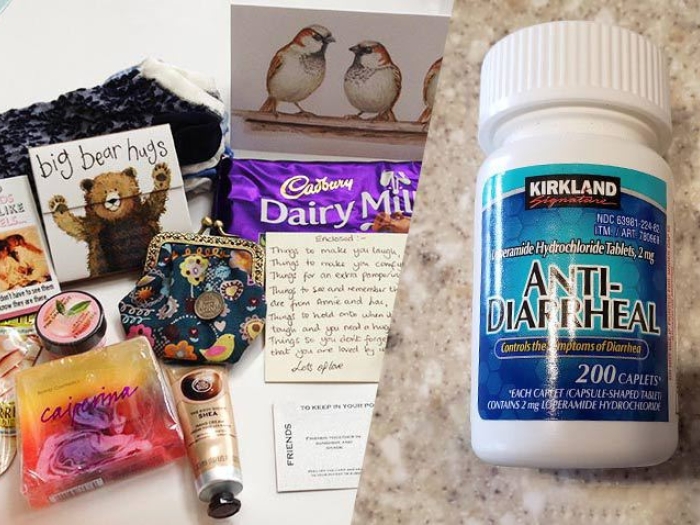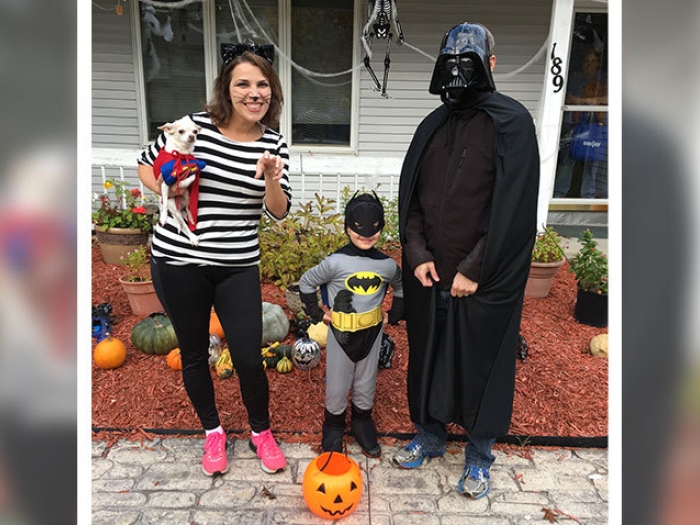When colon cancer is found early, survival rates are much higher. Know the warning signs — and how family history affects an individual’s risk.
7:00 AM
Author |

This article was updated on March 12, 2021.
Approximately 150,000 Americans are diagnosed with colorectal cancers each year. It's the third most commonly diagnosed cancer for both men and women.
But with routine recommended screenings, colorectal cancers are also among the most preventable cancers.
One of the best lines of defense: knowing your family history and sharing that information with your doctor.
"Everyone is at risk for colorectal cancer; however, having a family history of colorectal cancer in a close relative has a major impact on your own risk," says Elena M. Stoffel, M.D., M.P.H., associate professor of internal medicine at the University of Michigan Medical School and director of the Cancer Genetics Clinic at the University of Michigan Rogel Cancer Center.
MORE FROM MICHIGAN: Sign up for our weekly newsletter
"We typically estimate the average individual's lifetime risk for colorectal cancer at about 5%," Stoffel continues. "If you have one close family member with colorectal cancer, your risk is roughly double that. But if you have multiple relatives with colorectal cancer, then your risk could be much higher. Inherited genetic factors play a role in 5 to 10% of all colorectal cancer diagnoses."
Early detection of cancer can be the key to better outcomes. The vast majority of colorectal cancers arise from polyps. If polyps are found and removed early, they can be prevented from growing into cancers. So screening is key — especially for those in a high-risk category because of age or genetic predisposition for cancer.
SEE ALSO: A Colon Polyp Primer: Know the Types and Your Risk Factors
The American Cancer Society has lowered the recommended age to begin annual colorectal cancer screenings from 50 to 45. The U.S. Preventive Services Task Force is in the process of updating its recommendation based on emerging evidence, but several major health insurance carriers do not cover screening until age 50.
Health care providers can discuss the various options for colorectal cancer screening tests, depending on a patient's personal and family history. Individuals whose risk for colorectal cancer is higher than average because of their personal and/or family history should look into early screening, with colonoscopy exams. Since colorectal cancers can often grow undetected, screening is important, even if you have no symptoms.
Some symptoms require special attention. If you notice any of the following, notify your provider, who will determine whether you need special testing:
-
Rectal bleeding or blood in the stool
-
Changes in bowel habits, including severe constipation and/or stools that are narrower than usual
-
Persistent or recurring abdominal pain
-
Anemia
-
Unexplained or unintended weight loss
These symptoms aren't necessarily indicators of colorectal cancer and can be caused by other conditions.
If you haven't done so already, talk to your health care provider about colorectal cancer screening and a review of your family's health history.
Like Podcasts? Add the Michigan Medicine News Break on iTunes, Google Podcast or anywhere you listen to podcasts.

Explore a variety of health care news & stories by visiting the Health Lab home page for more articles.

Department of Communication at Michigan Medicine
Want top health & research news weekly? Sign up for Health Lab’s newsletters today!





